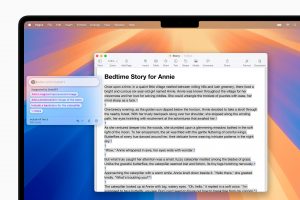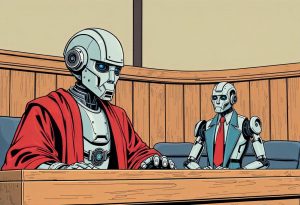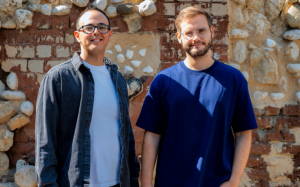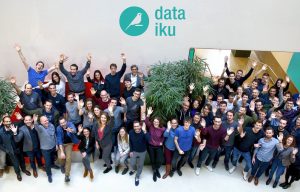Dell Going Private in “Dream” Move: Focus on Software, Core Assets
![]() We firmly believe the future of technology is in software-led infrastructure, as hardware costs continue to decline, and the brains behind efficient IT architecture reside in smarter software applications. Michael Dell seems to agree wholeheartedly, going so far as to take his company off the trading floor as it transitions to a software-driven model. The rumors have proven true, as Dell confirms it will return its status to a privately held company in a $24 billion buyout.
We firmly believe the future of technology is in software-led infrastructure, as hardware costs continue to decline, and the brains behind efficient IT architecture reside in smarter software applications. Michael Dell seems to agree wholeheartedly, going so far as to take his company off the trading floor as it transitions to a software-driven model. The rumors have proven true, as Dell confirms it will return its status to a privately held company in a $24 billion buyout.
“The deal is being financed by cash and equity from Michael Dell, cash from Silver Lake, cash from Michael Dell’s MSD Capital investment firm, a $2 billion loan from Microsoft Corp and debt financing from Bank of America Merrill Lynch, Barclays, Credit Suisse and RBC Capital Markets,” writes Reuters. “The parties expect the transaction to close before the end of the second quarter of Dell’s fiscal 2014.”
Microsoft released a statement this morning regarding its involvement in Dell’s latest development:
“Microsoft has provided a $2 billion loan to the group that has proposed to take Dell private. Microsoft is committed to the long term success of the entire PC ecosystem and invests heavily in a variety of ways to build that ecosystem for the future.
“We’re in an industry that is constantly evolving. As always, we will continue to look for opportunities to support partners who are committed to innovating and driving business for their devices and services built on the Microsoft platform.”
Gutsy but smart move for Dell
.
As the number three computer maker in the world, Dell has made a name for itself building hardware, from consumer PCs to data center equipment. But a drop in PC demand, an enterprise shift to cloud-managed data centers and slipping stock prices has driven Dell to this important juncture: how to successfully switch its entire business model to one consisting of software and consulting services, without the added pressure of investors and quarterly earnings?
SiliconANGLE founder John Furrier thinks this is a gutsy move, but a smart move nonetheless.
“Going private is a dream for management during times of retooling, because you can play with the assets and financials” without investor scrutiny, while retaining legal obligations for a privately held firm.
“Not reporting to Wall Street is a big deal during a pivot of this size,” Furrier says. “As long as it can service their debt, Dell is in a good position in terms of its core assets.”
Hear further analysis from Furrier, who appeared on this morning’s NewsDesk show with Kristin Feledy.
Rivals circling
.
Dell isn’t the only PC maker facing investor worries during an industry-wide shift. Hewlett-Packard has switched gears several times over the past three years, at one point even considering a spin-off for its software-led Services departments. Both HP and Dell have all but abandoned their smartphone efforts, focusing instead on the hybrid tablet market that’s benefitted from the recent availability of the completely rebranded Windows 8 platform.
And with yesterday’s launch of HP’s first Chromebook, it’s become all the more evident that our legacy PC makers are facing an operating systems war, not a hardware war. To that end, we expect to see a more nimble Dell emerge from this buyout, with rapid acceleration of bleeding-edge devices, and data center margins scaling. For Dell, that means a cross-subsidized penetration of the mobile hardware market where its software and accompanying services for long-term management, security and deployment will be key.
Dell’s rivals have also taken this buyout as an opportunity to promote their own goals for a changed PC landscape. HP released a statement today calling out Dell’s “long road ahead,” noting the challenge of less capital for investments in the future. HP goes on to say its company “creates new possibilities for technology to have a meaningful impact on people, businesses, governments and society.
“The world’s largest technology company, HP brings together a portfolio that spans printing, personal computing, software, services and IT infrastructure to solve customer problems.”
A message from John Furrier, co-founder of SiliconANGLE:
Your vote of support is important to us and it helps us keep the content FREE.
One click below supports our mission to provide free, deep, and relevant content.
Join our community on YouTube
Join the community that includes more than 15,000 #CubeAlumni experts, including Amazon.com CEO Andy Jassy, Dell Technologies founder and CEO Michael Dell, Intel CEO Pat Gelsinger, and many more luminaries and experts.
THANK YOU









